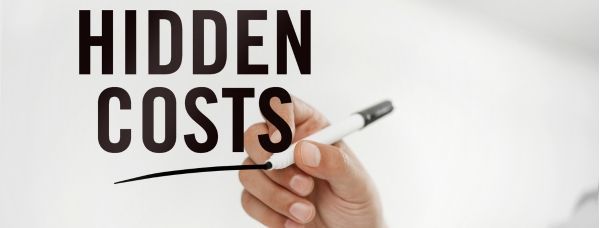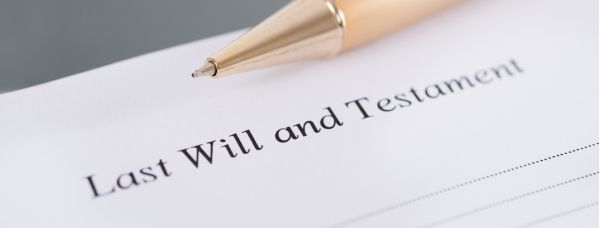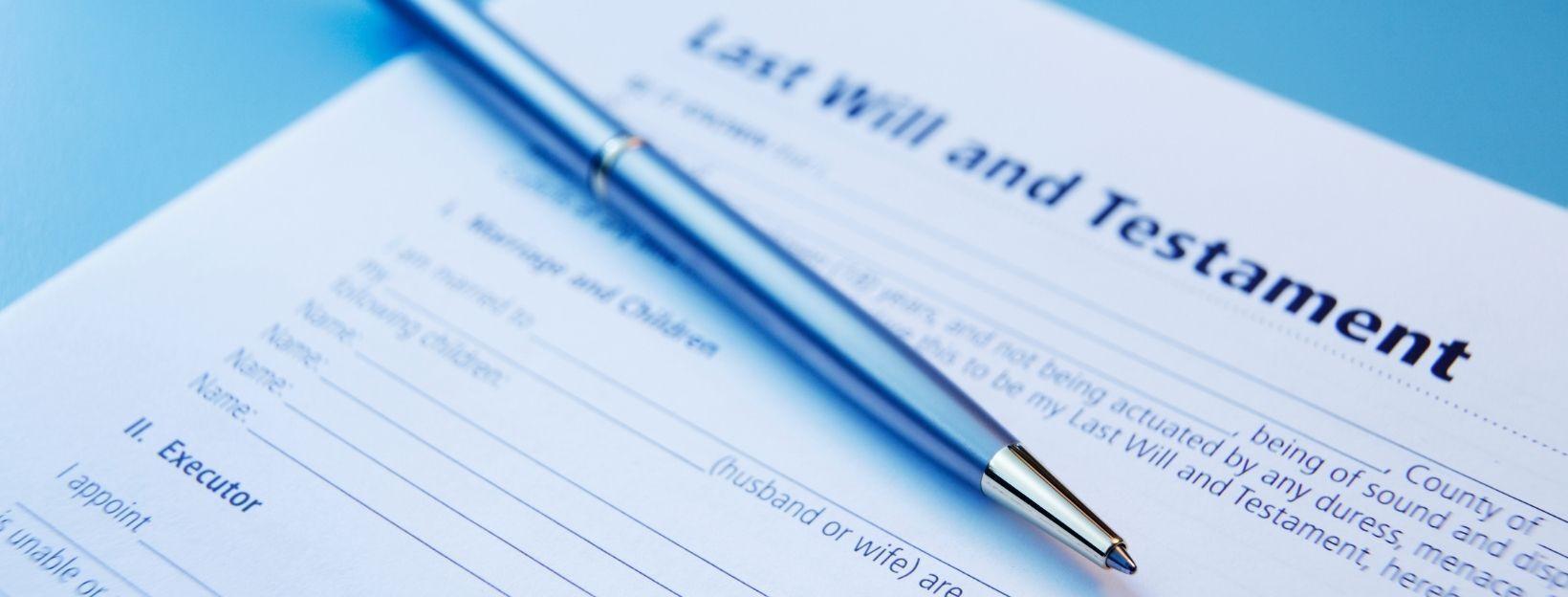When it comes to deciding how to leave property to your children, the clearest choice is to divide everything into equal shares. That is the straightforward choice when all your children are doing equally well.
But if not – if, for example, your son is a starving artist with mouths to feed and your childless daughter has made millions on Wall Street – the temptation is to leave more to him than to her.
That decision, however, can have consequences. There’s a good chance that your daughter might feel hurt. Favoring one child over another has symbolic meaning. You don’t want to leave behind disappointment and resentment.
Also, estate planning is about considering the long term. Even if your daughter has no children of her own now, she may have them in the future. If you leave her nothing, both she and her children will have nothing to keep your memory alive.
Moreover, these days anyone’s financial situation can take a sudden turn for the worse. Illness, injury, or natural disaster can strike. Marriages can split. Investment decisions might fail. Assets can be lost or stolen. Credit may dry up. While hopefully none of these gloomy misfortunes will befall your daughter, it’s wiser to provide your daughter with some cushion.
If you still want to leave your son more than your daughter, sit down with your children and explain why you’re doing that. Even if your daughter might be unhappy to hear it, at least she would have less reason to blame your son later. And you never know. We have seen people in your daughter’s position freely agree. That love and generosity, on the more-advantaged child’s part, can make everybody happy.
For more information and additional insights regarding your estate planning and beneficiary options, contact Rochester Elder Law. Our experienced staff and attorneys have seen just about every family dynamic and can help guide you to navigate planning for your own.
more news you can use



Still have questions?
Tell us about your situation.

Centrally Located in Brighton
near Cobbs Hill:
1399 Monroe Avenue,
Rochester, NY 14618
Map & Directions
Weekly News & Updates
Subscribe now and get our FREE Guide, "The Top Eight Mistakes People Make with Medicaid Qualification"
Rochester Elder Law
All Rights Reserved
Legal Disclaimer: The information on this website is for general purposes only and is not legal advice. Content may change without notice. Please consult an attorney for guidance on your specific situation. Contacting us does not establish an attorney-client relationship. Do not send confidential information until a formal attorney-client relationship is established. This site may contain attorney advertising. Prior results do not guarantee similar outcomes. By using this site, you agree to this disclaimer.







